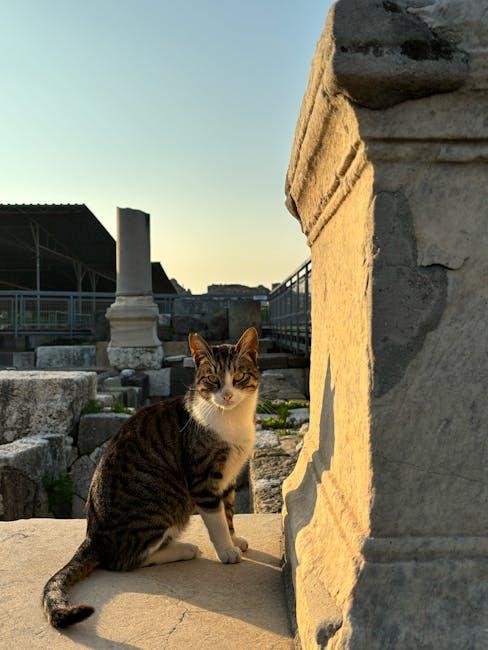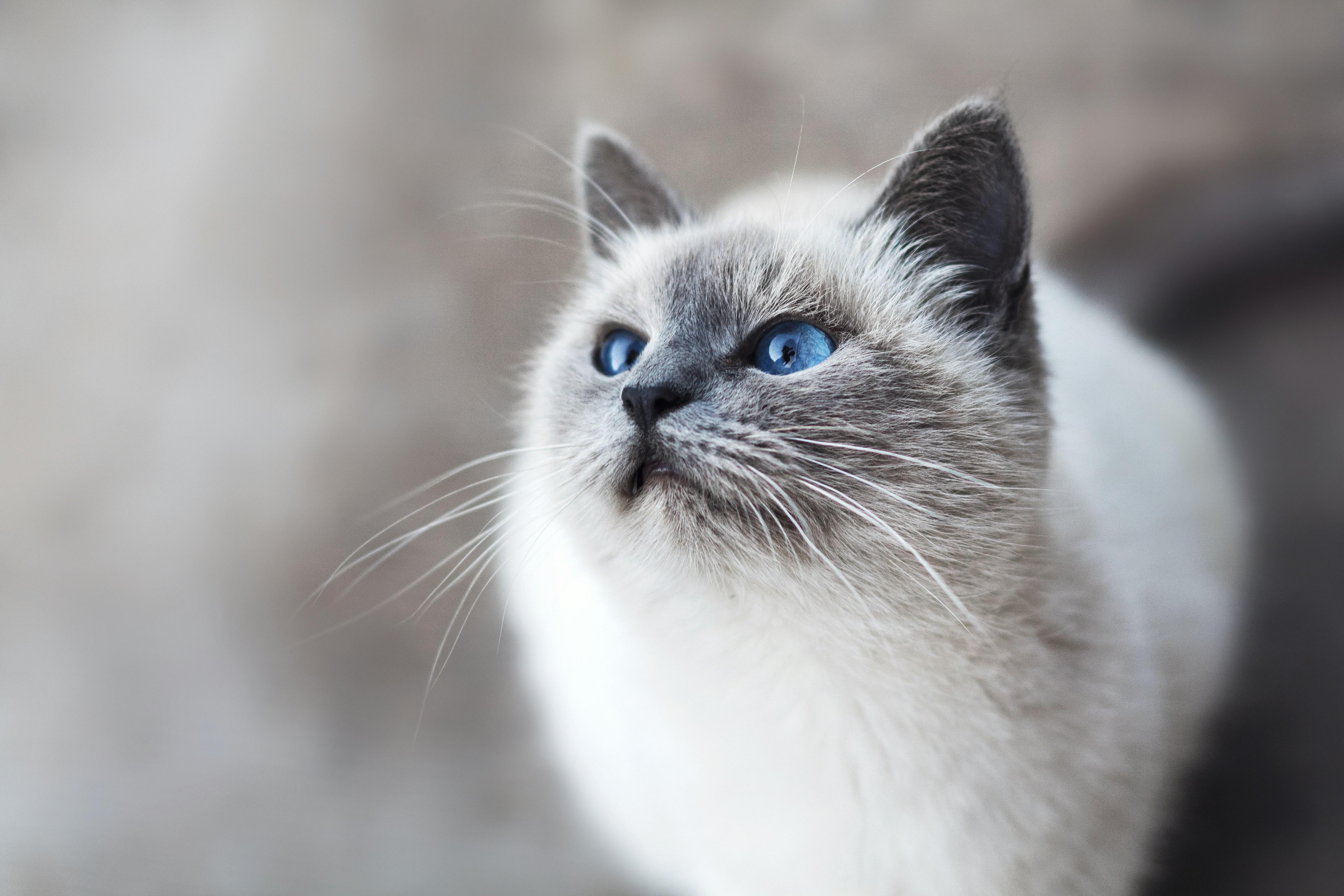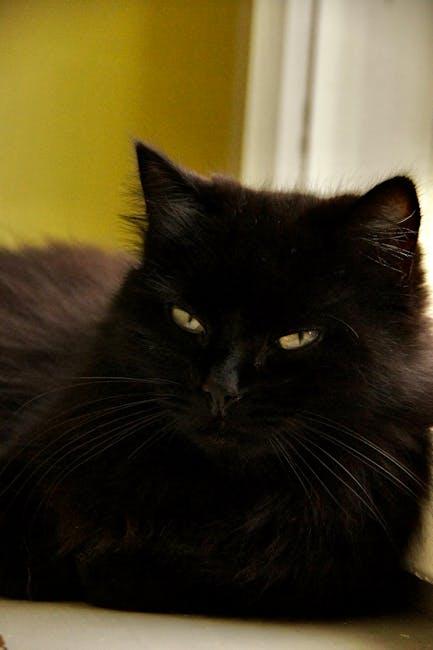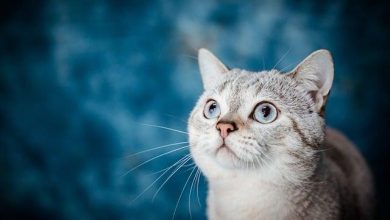The Psychological Factors That Influence a Cat’s Independence

Cats have long been celebrated for their independent nature, often embodying a sense of self-reliance and autonomy that sets them apart from other domesticated animals. Whether it’s their mysterious demeanor or their ability to entertain themselves for hours on end, these feline traits have intrigued pet owners and animal behaviorists alike. But what lies beneath this independent streak? In this article, we delve into the psychological factors that shape a cat’s independence, exploring how evolutionary instincts, environmental influences, and individual personality traits come together to create the unique tapestry of behaviors we associate with our feline friends. Join us as we uncover the fascinating world of cat psychology, shedding light on why your furry companion might prefer a quiet corner over your lap and how understanding these factors can enhance your relationship with your pet.
Understanding Feline Autonomy: The Role of Early Experiences
In the world of feline psychology, early experiences play a pivotal role in shaping a cat’s sense of independence. Kittens, during their formative weeks, are like sponges, absorbing every sensory experience, social interaction, and environmental stimulus. These early encounters are crucial in determining how self-reliant a cat becomes as it matures. For instance, a kitten that is exposed to a variety of environments, people, and other animals is more likely to develop confidence and a healthy level of independence. Conversely, those that are overly sheltered or experience trauma may grow to be either overly dependent or excessively aloof.
Some key factors that influence this developmental journey include:
- Socialization: Interaction with humans and other animals during the first few weeks can lead to more balanced autonomy.
- Environmental Enrichment: Providing a stimulating environment with toys, climbing spaces, and exploration opportunities encourages independence.
- Parental Influence: Observing and mimicking the mother cat’s behavior can instill a sense of self-sufficiency in young kittens.
- Handling and Care: Positive, gentle handling by humans helps kittens feel secure and self-assured, reducing clinginess.
Understanding these factors allows cat owners to foster an environment that nurtures both independence and a healthy attachment, ensuring their feline companions grow into well-adjusted adults.

How Genetics Shape a Cats Self-Reliance
Cats are often seen as the epitome of independence, and much of this trait can be traced back to their genetic makeup. Unlike dogs, whose ancestors were pack animals, the feline lineage is rooted in solitary hunters. This ancestral heritage has ingrained certain instincts and behaviors in domestic cats, making them more self-reliant. Genetic predispositions play a crucial role in a cat’s ability to fend for itself, hunt, and thrive without the constant need for human intervention.
- Natural Hunters: Cats have inherited the predatory instincts of their wild ancestors, which makes them adept at hunting small prey.
- Territorial Instincts: Their genes drive them to establish and defend their territory, ensuring they have a secure environment.
- Adaptive Behavior: Through generations, cats have developed the ability to adapt to various environments, enhancing their survival skills.
These genetic traits not only ensure a cat’s survival in the wild but also influence their behavior in domestic settings. Understanding these genetic factors can provide insights into why cats often prefer solitude and how they navigate their world with such confidence and independence.

Socialization and Its Impact on a Cats Independence
Socialization plays a crucial role in shaping a cat’s ability to maintain its independence. While cats are often celebrated for their autonomous nature, their early interactions with humans and other animals can significantly influence how self-reliant they become. Positive socialization experiences can lead to a more confident and secure feline, one that is comfortable exploring its environment and engaging with others on its own terms. Conversely, inadequate socialization may result in a cat that is overly dependent or, alternatively, one that is excessively aloof and less willing to interact with its human companions.
Some factors that contribute to a cat’s socialization include:
- Exposure to different environments: Introducing kittens to a variety of settings can help them become more adaptable and less anxious in new situations.
- Interactions with people and other animals: Regular, gentle handling by different people and controlled interactions with other pets can foster a balanced approach to social relationships.
- Play and exploration: Encouraging playful behavior and curiosity can help a cat develop problem-solving skills and confidence in its independence.
By understanding the impact of socialization on a cat’s independence, pet owners can create an environment that nurtures both companionship and self-sufficiency.

Encouraging a Balanced Independence in Your Feline Friend
To nurture a harmonious blend of independence and affection in your feline companion, it’s essential to understand their unique personality traits and instincts. Cats are naturally curious and self-sufficient creatures, but they also have varying degrees of sociability and attachment to their human companions. Acknowledging these psychological factors can help in creating an environment that supports both their adventurous spirit and their need for connection. Consider these aspects when encouraging a balanced independence in your cat:
- Respect Their Space: Cats often need personal space to recharge. Providing them with quiet areas or elevated perches allows them to retreat and observe their surroundings from a safe distance.
- Interactive Playtime: Engage your cat with toys that stimulate their hunting instincts. This not only provides physical exercise but also satisfies their mental curiosity, fostering a sense of accomplishment and confidence.
- Positive Reinforcement: Reward your cat with treats or affection when they display independent behavior, such as exploring new areas or using their scratching post. This encourages them to repeat these behaviors without feeling pressured.
- Routine and Stability: Cats thrive on routine. Establishing a consistent schedule for feeding, play, and rest helps them feel secure, which can make them more willing to explore independently.
By integrating these strategies into your daily interactions, you can support your cat’s natural instincts while fostering a trusting and enriching relationship.
Final Thoughts
understanding the psychological factors that contribute to a cat’s independence not only enriches our relationship with these fascinating creatures but also enhances their well-being. By acknowledging their natural instincts, individual personalities, and the environmental influences that shape their behavior, we can create a more harmonious living space for our feline companions. Whether it’s providing them with opportunities to explore, hunt, or simply enjoy some solitude, respecting a cat’s independent nature is key to fostering a happy and healthy bond. As we continue to learn more about what makes our cats tick, we can appreciate their unique blend of independence and affection, celebrating the qualities that make them such beloved members of our families.



